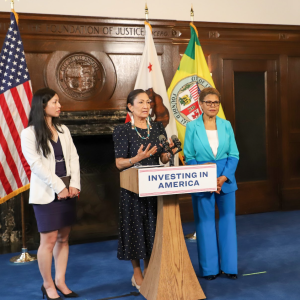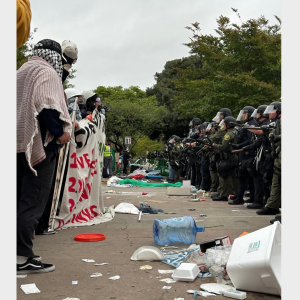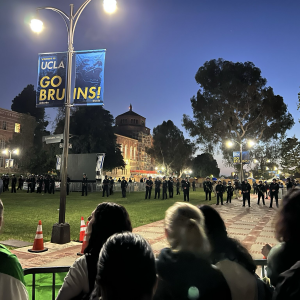 View Winners →
View Winners → Career Corner: Headhunters Explained


Think of every conversation with a recruiter as an interview. – Courtesy photo
By Angela Copeland
One of the most common questions I receive from job seekers is, “What is a headhunter and should I use one?” I hope I can break it down for you here and demystify this profession.
When you’re job searching, you’ll hear a number of terms to describe people who will help you to look for work. One is recruiter. One is headhunter. Others are placement agency or placement firm. You may even hear someone described as an internal recruiter versus an external recruiter. Are you confused yet?
An internal recruiter is one that works for the company to which you’re applying. They may source (find) candidates for the hiring manager (the future boss). Very often, they do the first official company screening call. They’re also the ones that help to shepherd you through the interview process. At the end of the search, they’re also often the person you’ll be negotiating a job offer with.
But, there are times when the company wants to (or needs to) enlist a little extra help with their search for great candidates. When this happens, they’ll hire external recruiters. External recruiters are sometimes called headhunters. You’ll find that external recruiters either work for a recruiting firm or staffing agency — or they may be independent.
A few well-known staffing agencies are Robert Half and Korn Ferry. There are many more national agencies and local agencies that you can pick from.
There are a few times when recruiters seem to be the most helpful: in senior level executive searches, for contract work, and for technology jobs.
If you choose to work with an external recruiter, there are a few things you need to know. First, they should be free for you to use. The company pays the recruiter for their services. This is great news but remember the recruiter works for the company. They may seem nice but every call with them is an interview.
Another thing, most recruiters will force you to disclose either your salary history or your future salary requirements. If you’re looking for a contract role, this is an hourly number. Be prepared with how you want to answer the question.
Recruiters say they’ll help you negotiate. The more you get paid, the more they get paid. This is true but there’s more. Think of how a realtor works to sell a house. If the house sells for $10,000 more or less, the realtor’s commission is only marginally impacted. The same thing applies to recruiters. Their number one goal is to form a match between a company and a job seeker. The exact amount of money is less important.
Headhunters can be a valuable resource to your job search. But, don’t make them your only resource. Keep looking on your own and keep checking in with the recruiters if you don’t hear back. If you don’t stay in touch, they’ll assume you found a job.
Angela Copeland, a career expert and founder of Copeland Coaching, can be reached at copelandcoaching.com.












































































































